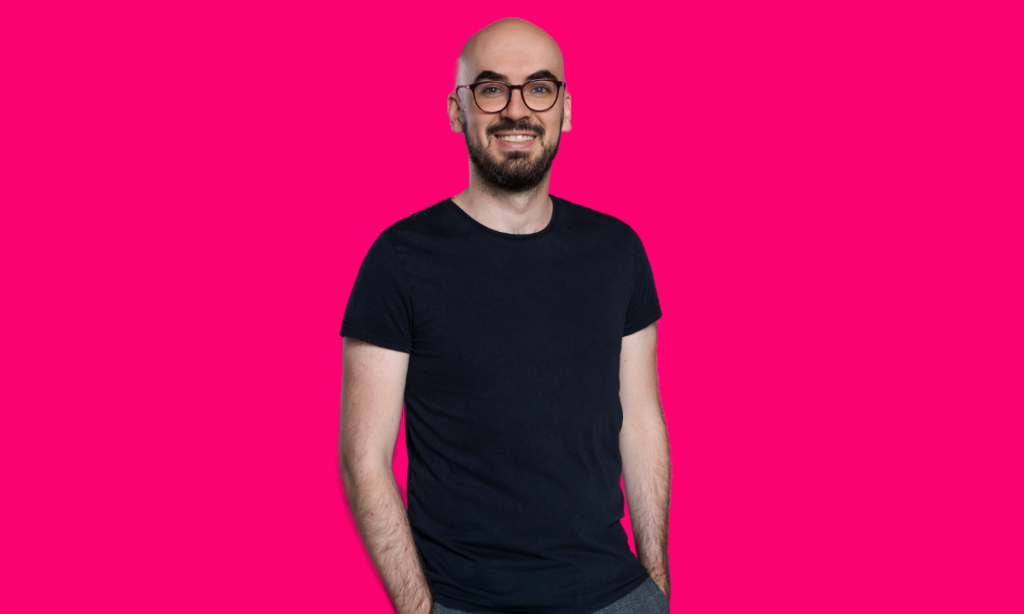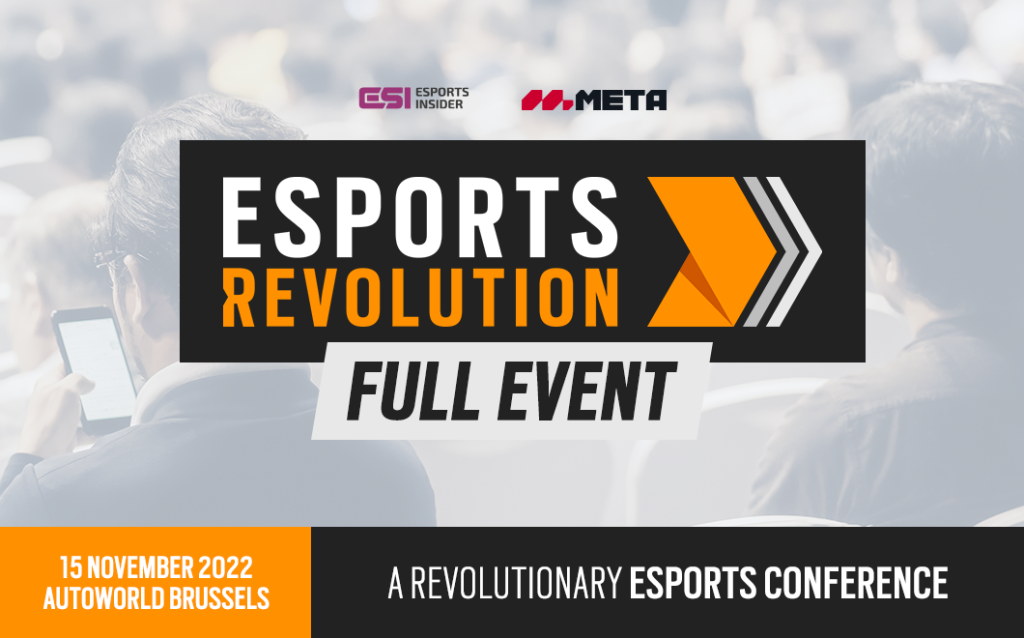
Any marketing expert will tell you the importance of media buying, but the topic is largely absent from discussions in esports. This is, perhaps, unsurprising, given the age-old adage that esports audiences don’t like adverts. Yet the truth is much more complicated.
Put simply, media buying is the process of promoting a business through the acquisition of media exposure. This includes all manner of advertisements, sponsored content and paid media opportunities. A media buying agency is tasked with providing reach for its clients at the lowest possible price by brokering deals with media platforms, in contrast to a PR agency which handles public relations.
But buying advertising space for a shoe company, a car brand or an esports organisation are vastly different tasks. The main difference is, of course, the unique traits of the esports audience.
“A large part uses ad-blockers, which drastically limits our reach,” said Cyril Etienne, Media Planner at Hurrah.media, an agency that specialises in esports and gaming media buying. “So even if the industry attracts more and more fans, media audiences can quickly become too limited if we apply lots of conditions. Because, for some advertisers, we don’t aim for all esports fans. We want to target specific esports communities.”
That last point is particularly important because misplaced advertising is a cardinal sin in esports. An ad focused on CS:GO shown to VALORANT fans, or vice versa, will generate a lot of negative impressions — likewise for Dota and League of Legends. Media buying in esports means high levels of tailoring and targeting.
Another peculiar trait of the esports industry, that media buyers must adapt to, is that it is very event-focused. The buildup towards an event generates a lot of attention, but once the event period is over, audiences become more passive and brands must tailor their plans accordingly, Etienne said.
In some cases, campaigns are heavily dependent on results. For example, when G2 Esports, a client of Hurrah.media, qualified for the League of Legends World Championship earlier than other teams, it was able to start media campaigns earlier and generate more impressions than some of the other teams who did not qualify before the end of the season.

According to plan?
Working with esports teams and brands means that the audiences you are trying to reach are not found on traditional media, which is both a valuable trait and a new challenge for media buyers who must look for new advertising domains. Media plans, Etienne said, are never set in stone and always contextual.
“We worked with games that had amazing soundtracks, so we wondered if Spotify could bring a refreshing approach for their awareness needs. Perhaps there’s an esports news website with a more relevant positioning for our next campaign?
“Do we want to push an interactive takeover on it? Or just some static banners? Could the advertiser need some sponsored articles coupled with the ads? Do we wish to have exclusivity for a week or do we need a large plan on more websites?… There’s no pre-made media plans.”
Etienne confessed that esports clients are some of the most demanding ones he encountered. “Every Euro must count,” he said, and added that this can be very tricky because esports brands are so reluctant to spend in the first place.

In fact, what’s the point in going through a media buying agency anyway? Wouldn’t esports brands be the ones who know how to do this the best? Etienne explained that, luckily for him and his company, it is not that simple. Twitch, Twitter and other typically esports native platforms are good for some objectives, but are also very inefficient for others. For example, Facebook provides better in-depth analytics, while TikTok and Instagram typically offer higher views.
The same goes for types of content. Etienne said that the biggest and most obvious trend in 2022 is vertical video with Snapchat, Meta, Google and of course TikTok investing heavily into the trend. Reels and Shorts are benefiting greatly from algorithm boosts that their owners are pushing to rival TikTok, so it is very efficient for brands to use them.
With plans by Google for the so-called ’death of the cookie’, media buying will rely even more on contextual advertising — advertising that is relevant to the content of the page, for example esports ads on an esports news site. “Media planning will look more like what the job used to be before data: knowing which audiences consume which media,” Etienne said of the intended changes. “This knowledge will give a certain advantage for the success of media buying campaigns.”
When that happens, esports media buying will get even more interesting.
